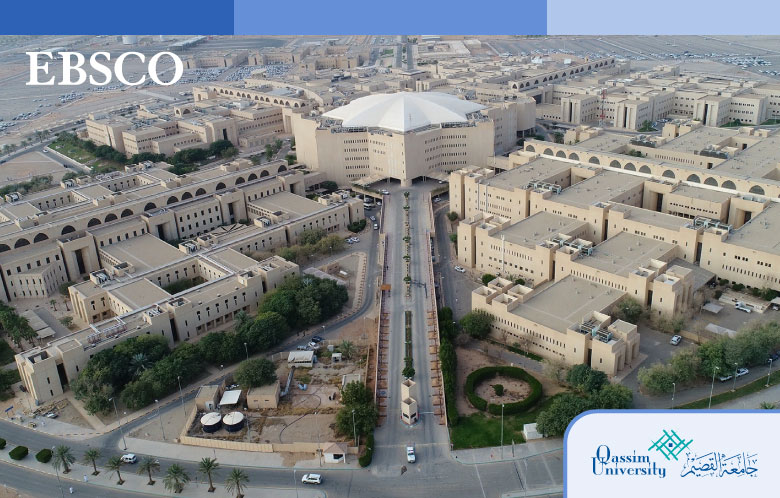In an exclusive interview with Dr. Mohammad Aljutaily, Editor-in-Chief of the Journal of Arabic Sciences and Humanities at Qassim University, we delve into the partnership between Qassim University and EBSCO, exploring the transformative impact on research dissemination and scholarly communication.
- Can you explain the partnership between Qassim University and EBSCO and its significance for the academic community?
The significance of the partnership between Qassim University and EBSCO lies in enhancing the dissemination of academic journals to assist researchers in identifying suitable scientific journals for publication.
- What led to the decision for Qassim University to partner with EBSCO, and what are the main objectives of this collaboration?
The decision for Qassim University to collaborate with EBSCO stemmed from its reputation as a renowned accredited indexing reference, thereby elevating the quality standards of its journals. The primary objective of this collaboration is to align with the university's vision of having its journals included in international indexing.
- How will this partnership improve the global visibility and accessibility of Qassim University Journals
This partnership will enhance the global access of Qassim University Journals for international researchers, thereby achieving geographical diversity in published research.
- What specific advantages will researchers, scholars, and students gain from the availability of Qassim University Journals on EBSCO?
Among the benefits researchers will derive from the availability of Qassim University Journals in EBSCO is the assurance of professionalism in the publishing and peer-review processes, as well as the ease of access to the journal's research.
- How does this partnership support the mission and goals of the Journal of Arabic Sciences and Humanities from Qassim University?
This partnership aligns with the key objectives of the journal, focusing on international indexing and creating a conducive environment for publishing scientific research in compliance with globally accepted standards in the fields of Arabic Sciences and humanities, thus contributing to societal advancement and development.
- Could you describe the process and the reasons of selecting EBSCO as your partner?
The decision to select EBSCO as a partner was primarily influenced by the organization's professionalism, employee cooperation, and prompt responsiveness in meeting the requirements for inclusion in the EBSCO database. Furthermore, many Saudi universities mandate publication in indexed databases for faculty promotion, with EBSCO being a prominent choice for indexation.
- How does this partnership contribute to the overall strategy of Qassim University in advancing scholarly communication and research dissemination?
This partnership will expedite the dissemination of the journal's research, enhance its global reach and diversity, and increase citations within the academic community, thereby advancing scholarly communication and research dissemination.
